The truth about toxic chemicals on fruit and veg – and how to protect yourself
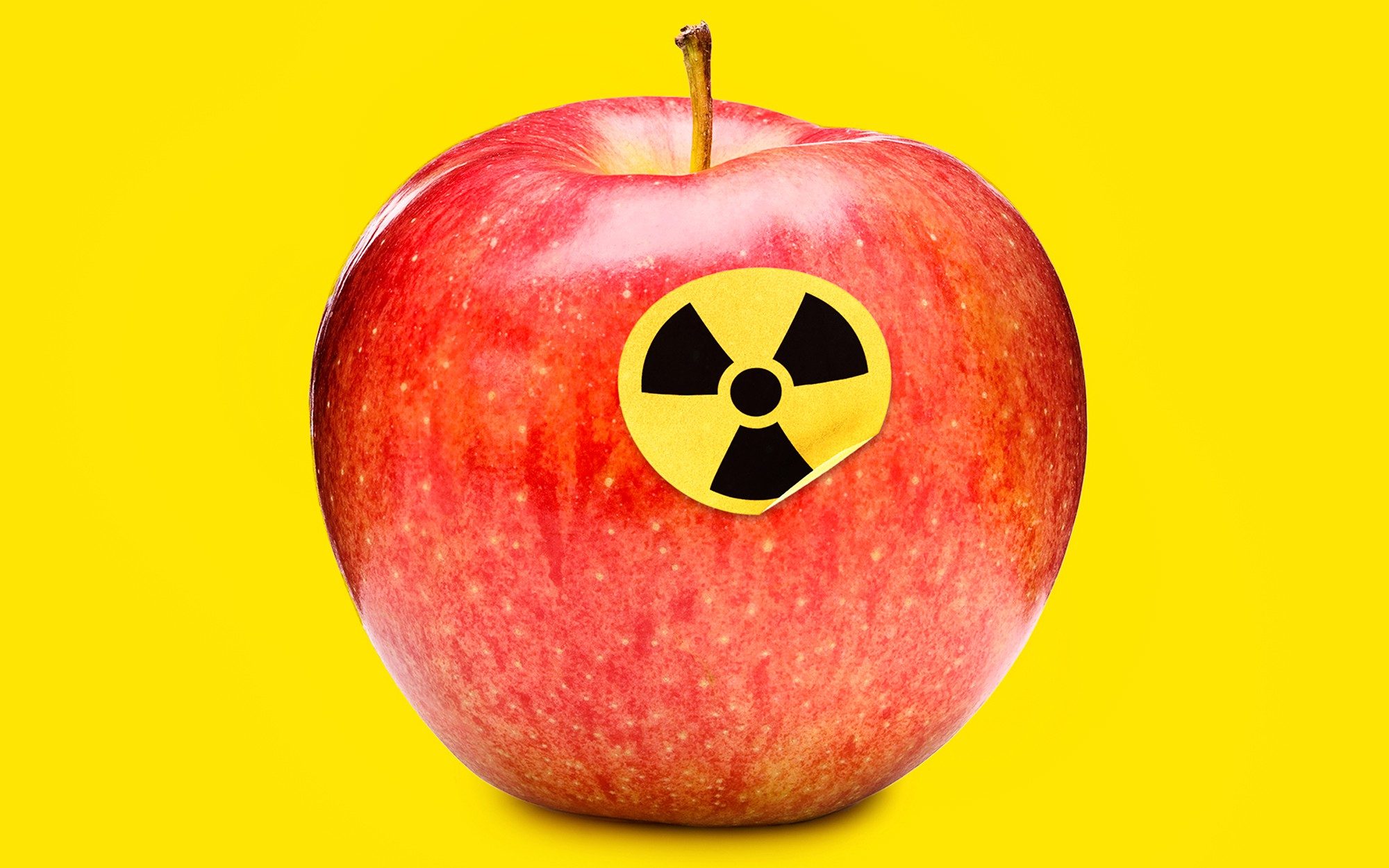
Toxic chemicals on fruit and veg
This summer’s strawberries and cream could come with a sprinkling of chemical residue, according to a recent study by Pesticide Action Network (PAN). Their analysis of the latest government data concluded that some of our staple foods including fresh fruit and vegetables contained traces of pesticides, among them “forever chemicals”, so called for their ability to linger and accumulate. A staggering 95 per cent of the strawberry samples tested were affected.
With concern growing about the effect of these chemicals on health and the environment, it’s enough to put you off your five-a-day. But Josie Cohen, the head of policy for PAN says “we’re not advocating that people stop eating fruit and vegetables. What we’re advocating is that the people that produce our fruit and vegetables get the support they need from the government to move away from chemical dependence”.
As a long-term political aim, few would argue. But how worried should we be here and now?
What produce is affected the most?
This year’s “dirty dozen” – the 12 fruit and vegetables showing the highest levels of pesticides based on the latest government research – are apples, apricots, peaches and nectarines, grapes, strawberries, cherries, spinach, sprouts, cucumber, tomatoes, lettuce and beans.
However, this is based on very limited data. The roster of fruit and vegetables tested changes each year, and last year’s results, from which PAN’s latest list is taken, included just 15 fruits and vegetables, meaning only three escaped the list: avocados, cabbage and potatoes. Citrus fruit, which has previously been shown to be very high in pesticides, was not included in tests last year, so none appears on the list.
Another problem, according to Josie Cohen, is that the figures make no allowance for the impact of “what we call pesticide cocktails, which is incidences of mass use of more than one active substance in the same piece of fruit or vegetable.” This, PAN argues, increases the risk, and “trends on that are going up.”
Fruit and veg aren’t the only issue here. While they contribute to the accumulation of PFAS in our bodies, according to the Organisation for Economic Co-operation and Development, eggs, fish, seafood and meat “are main contributors to the exposure” in food internationally.
However, the latest Expert Committee on Pesticide Residues in Food (PRiF) data included pork, sea fish and game available in the UK, and found no residue above safe or maximum residue level (MRL), although several of the sea fish tested had lingering traces of DDT.
The PAN study showed that strawberries were the most likely to be contaminated by pesticides, with 95 per cent showing traces of PFAS. Not great, but I’ve trawled through the PRiF data, and at least none of the strawberries contained pesticides above the MRL. Most residues were below 10 per cent of the MRL.
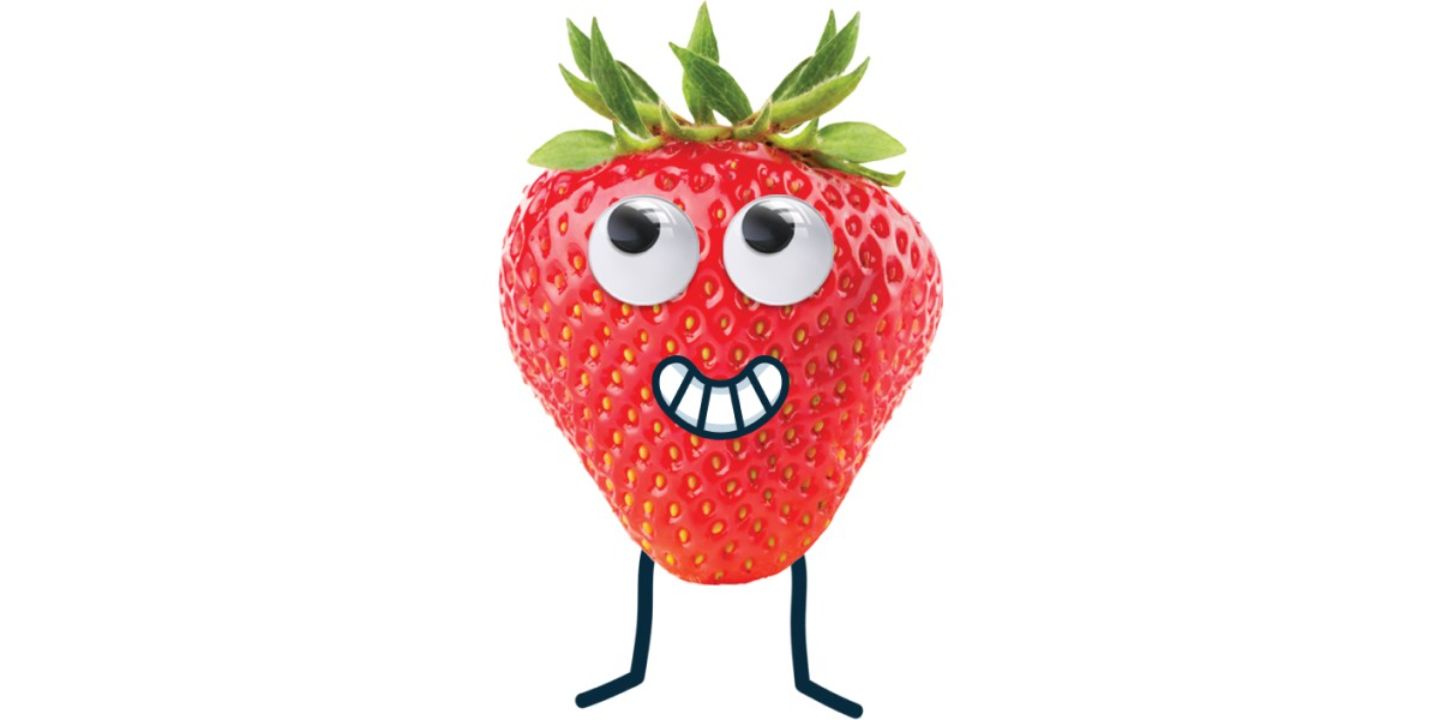
I’m more concerned about other fruit and veg. According to PAN, a total of 1,506 different samples of 15 fruit and vegetables were tested and 43 showed levels of individual pesticides above MRL, nearly 3 per cent. That sounds low, but if you eat five portions of fruit and veg a day – and you do, right? – that suggests that every week you’re eating one containing more than the safe level of pesticides.
Is it worth buying organic?
If you can afford it, yes. While most organic land is contaminated with PFAS (and possibly DDT – see background box) either spreading from other areas or historically present, levels tend to be much lower. Only three of the strawberry samples in the latest government tests were organically grown, but all these were free of any pesticide residues.
Of course if you don’t spring for organic you may get lucky: there were six conventionally grown strawberries that were also residue free, including the “Imperfectly Tasty” budget strawberries from Sainsburys (although that doesn’t mean that other batches of these strawberries weren’t contaminated).
Looking at the bigger picture, by choosing organic produce, you’re boosting the market, supporting those farming methods that don’t use PFAS and therefore incentivising more farms to make the switch. If it’s too expensive to move over completely, then soft fruit like strawberries, plus cherries and grapes are the worst offenders.
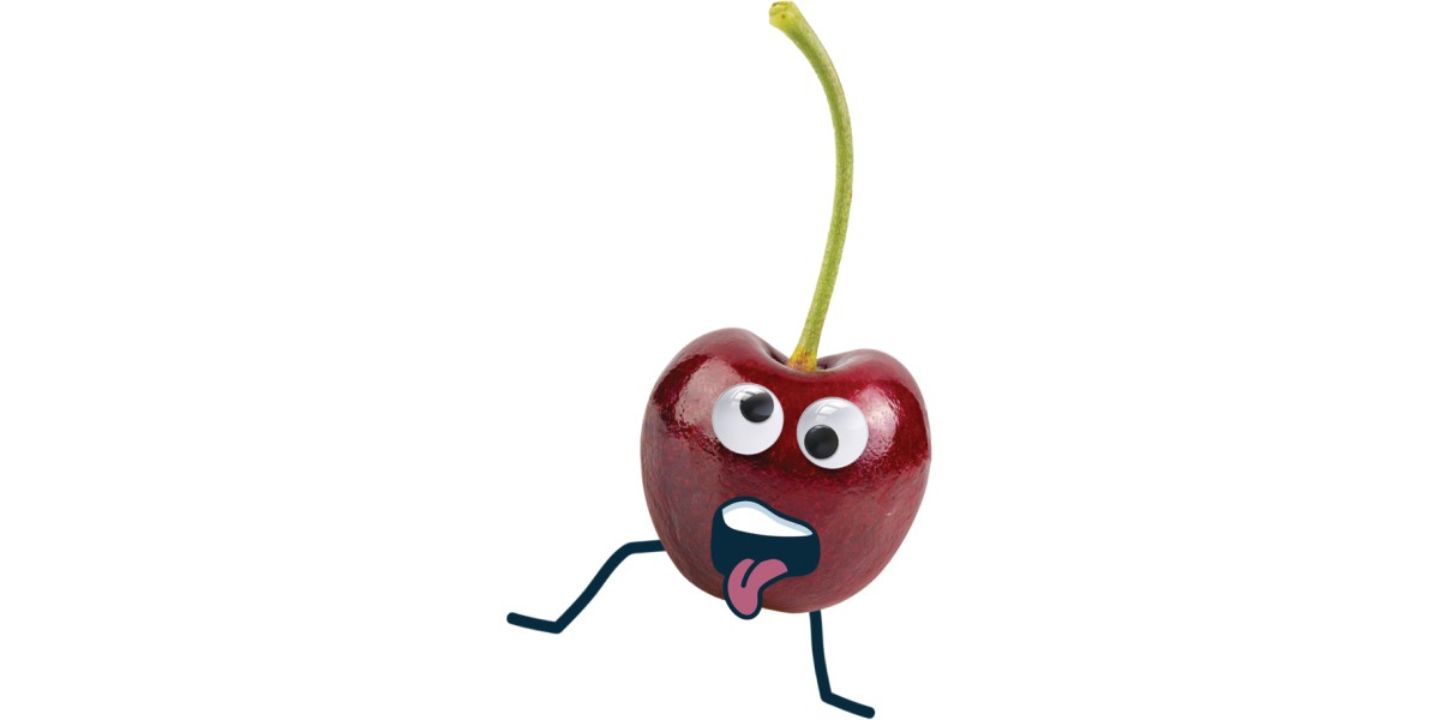
Will washing fruit and veg make a difference?
Much of the PFAS, and other pesticide contamination is “systemic”, intrinsic in the fruit or veg, which may have been grown from a seed encapsulated with PFAS containing pesticide, so it won’t be affected by washing.
The Food Standards Agency says, “In the UK, washing and/or peeling is not required as a protection against pesticide residues.” That said, PFAS pesticides are water-soluble so any lingering on the surface will be removed by rinsing them under the tap (better than soaking in a bowl of water) and giving them a good rub – and it will see off any soil and pathogens like E. coli.
So what can you do?
Choose local
While EU fruit and vegetables tend to be low in residues, it’s not always true of vegetables that come from further afield.
Take green beans, almost always imported from Africa or India. Of 96 samples of green beans in Britain, 16 showed levels above the MRL, all of them imports, with Indian beans showing particularly badly. So every time you chomp on those well-travelled beans, there’s a one in six likelihood they are contaminated with pesticides above recommended safe levels.
Eat seasonally
Storing and transporting fruit and veg means it is more vulnerable, particularly to mould, so fungicide is often used liberally. This can be true of indoor or polytunnel-grown produce too. Stick to local seasonal produce, outdoor grown when you have a choice.
Opt for small fish
PFAS, like mercury and other chemicals polluting our seas and waterways, accumulates up the food chain, so when a bigger fish eats a smaller fish it absorbs and stores all its contaminants. Choosing small pelagic (shoaling) fish like sardines, near the bottom of the food chain, minimises this and it’s more sustainable too.
Skip packaged and processed food
Food packaging for ready meals, pizza boxes, even some greaseproof paper, often contains PFAS, which can leach into food. Even if it is in untainted packaging, processed food may have been made using equipment containing PFAS, which some experts find concerning.
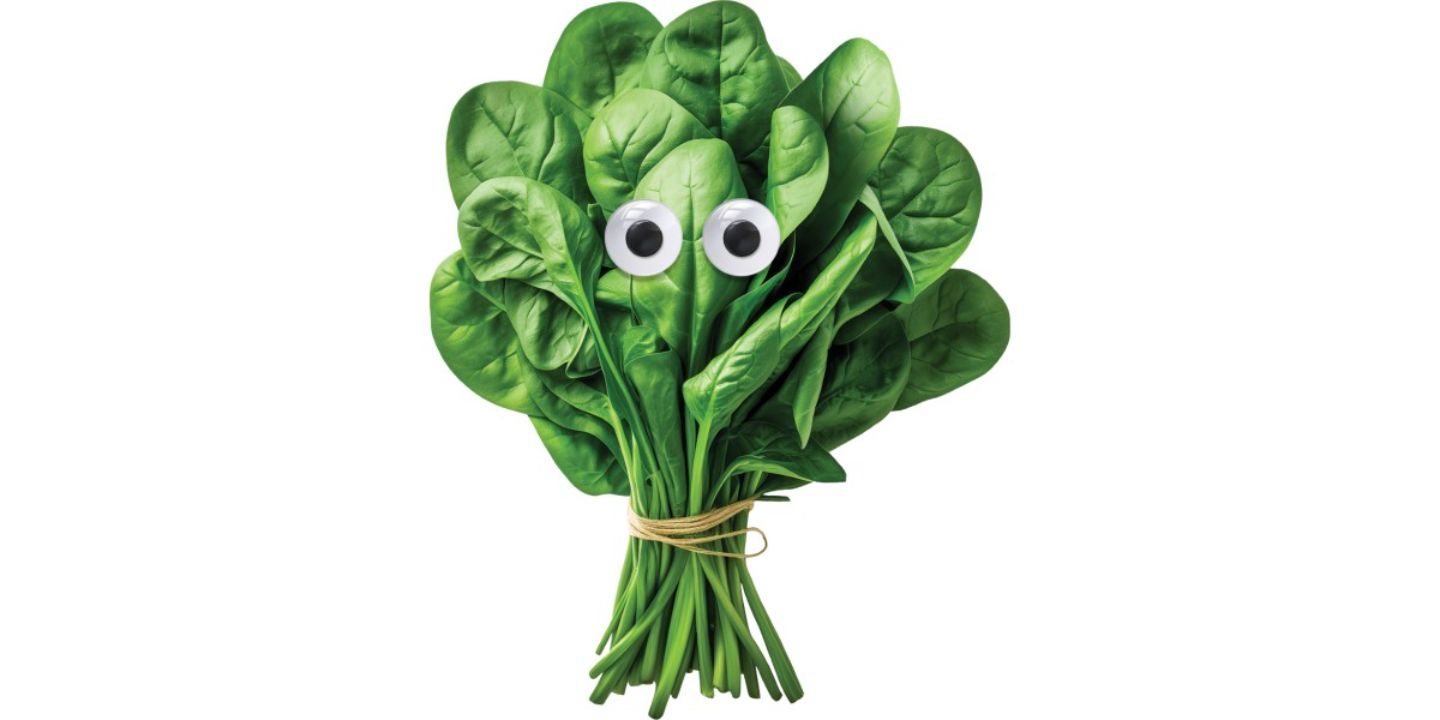
The background
What are forever chemicals?
“Forever Chemicals” is a name given to per- and polyfluoroalkyl substances, which is abbreviated to PFAS. This large group of more than 10,000 synthetic chemicals – those that don’t occur in nature – are used to make fluoropolymers and fluorotelomers, coatings which are grease, water and heat repellent, and used for everything from fire fighting foams and takeaway boxes to clothing and cosmetics. PFAS are also used in pesticides. They have the ability to leach out of products, and enter the soil, water table and even the air and have been shown to linger and accumulate in the environment, potentially for millennia, rather than breaking down.
Humans can absorb them through a variety of ways, including through our skin and dust in the air, although for most of us the chief source is food and drink. Ninety-five per cent of Americans have traces of PFAS in their blood, and results of tests on the British population are due this year. Studies suggest that exposure to some PFAS is linked with a whole basket of poor health, including lowered immunity, metabolic issues (back with that obesity problem again) and cancer.
The issue with PFAS is global, and hasn’t escaped our neighbours over the channel. Five EU countries are seeking to ban the use of PFAS altogether, but so far the UK has not followed suit. Since February, the US has outlawed the use of PFAS in greaseproof layers in takeaway boxes.
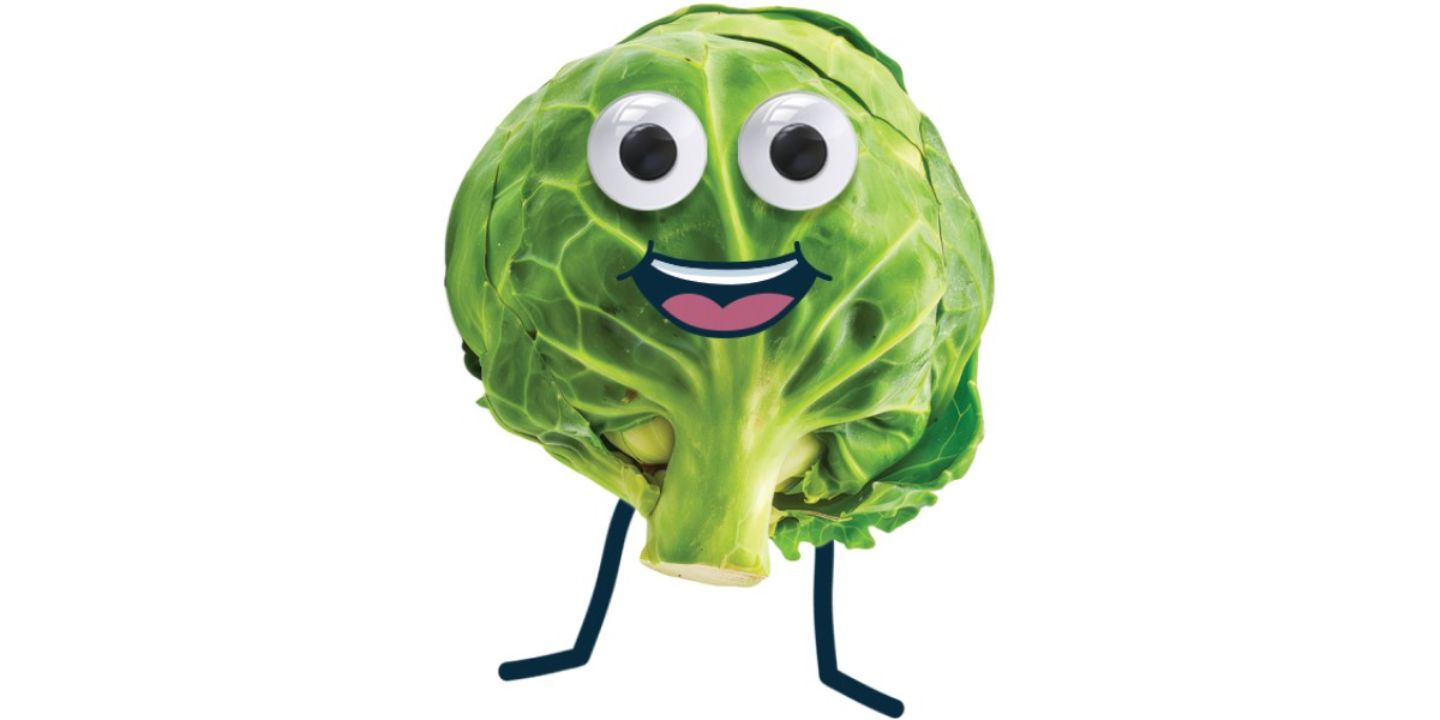
Do pesticides cause cancer?
Two kinds of PFAS have been singled out by the International Agency for Research into Cancer, part of the World Health Organisation. They have declared perfluorooctanoic acid is carcinogenic to humans, while PFOS is possibly carcinogenic to humans. Both have been banned here and in the EU, along with a third, perfluorohexanesulfonic acid. Twelve others are on the REACH (the EU registration, evaluation, authorisation and restriction of chemicals) candidate list of substances of very high concern, as having probable serious effects on human and or environmental health. A further 21 are considered of concern.
Of the other pesticides, some studies have linked neonicotinoids to breast cancer, while glyphosate, a herbicide, has been shown to raise the risk of a cancer called non-Hodgkin lymphoma. Endocrine disruptors, which have been linked to a range of issues including reproductive problems, diabetes and breast, testicular and prostate cancer are found in pesticides including chlorpyrifos, atrazine, and glyphosate.
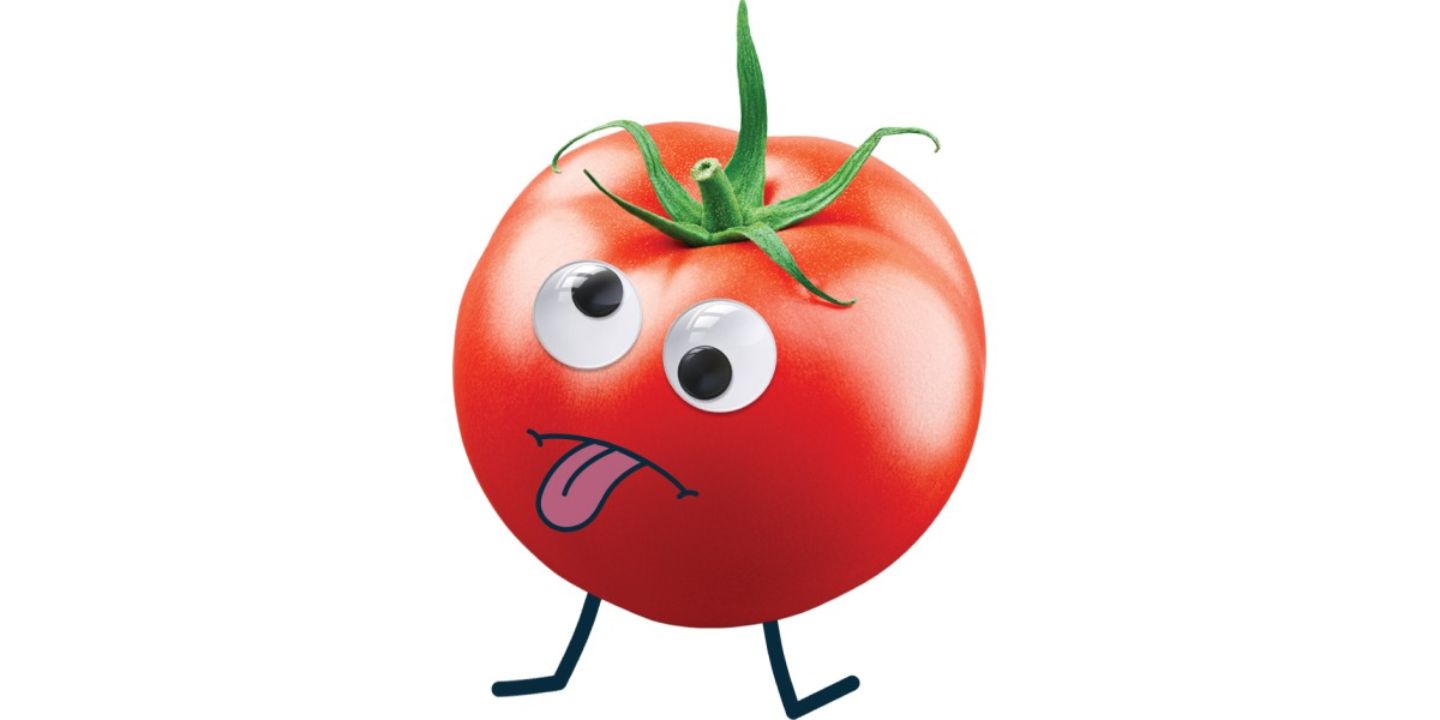
The future for our food
According to Lin Field, a molecular biologist and professor emeritus at Rothamsted Research, the country’s leading agricultural research centre, a hard stop on all pesticide use isn’t realistic. “If you don’t have any pesticides, the estimates vary, but you’d probably lose 30 to 40 per cent of most crops.” This is not sustainable either economically or environmentally, as “by the time you get a crop, you’ve already invested a lot … not just cash but carbon footprint.”
Long term, says Field, the move is towards integrated crop management, or ICM, “to try and control pests in particular, but weeds and diseases too, without using chemistry” by choosing more resilient plants, improving soil and planting field margins to attract predator insects to feed on crop pests. “It’s the way we should certainly be going but it’s not easy to implement.”
Who uses pesticides?
For now, even organic farming uses pesticides, although the Soil Association (which has some of the most rigorous standards of all organic certification) says that the few they permit, all of natural rather than synthetic origin such as pyrethrin, naturally found in chrysanthemums and used to control insects, are allowed “only where there is an established threat to the crop” and it can’t be protected by other preventative measures.
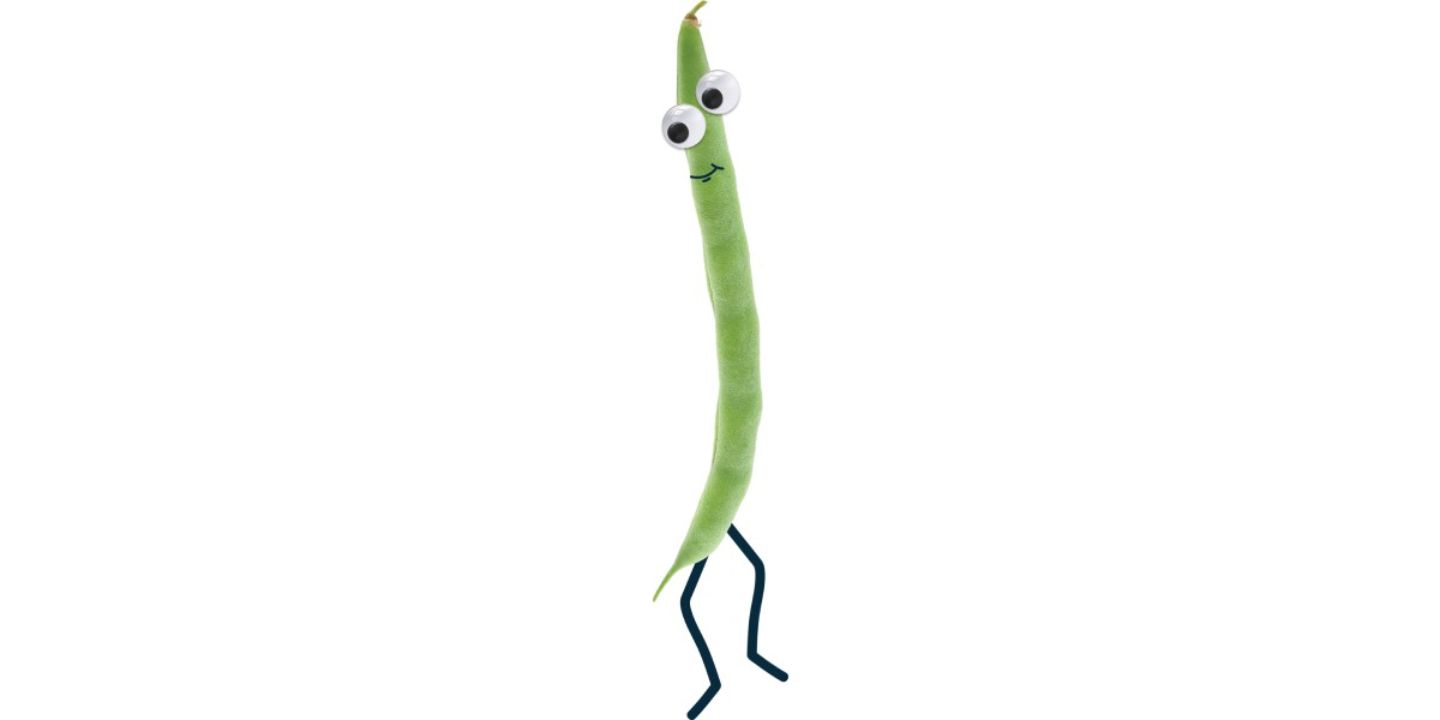
What has been banned?
The public’s trust in the government to ensure that pesticides are safe has been worn thin after decades of U-turns over agricultural chemical use. First there was DDT, the original synthetic chemical pesticide, developed in the 1940s and heralded as a miracle product, with the tide only turning after Rachel Carson’s 1962 book Silent Spring exposed damage it did both to the environment and human health. The US banned DDT in 1972, with the UK following in 1984. However the ability of DDT to “travel” – spread to areas where it had not been sprayed, and its longevity, with a half life of up to 15 years, means there are still residues of DDT in soil, water and in animal tissue today.
DDT was replaced by a new class of chemical, neonicotinides, which attack the nervous system of insects. After years of legal use, they have mostly been banned in the UK since 2020 because of the detrimental effect they have on beneficial insects like bees and other pollinators.
Now levels of PFAS residues are on the rise, as new alternatives to neonics. PAN reports that the number of European fruit and vegetables with detected PFAS pesticide residues has nearly tripled between 2011 and 2021. Yet the Environment Agency admits, “there are gaps in our understanding … Few PFAS have been subject to extensive testing so information about their hazardous properties is also sparse.” It’s hardly reassuring.
Recommended
Five common sweeteners and what they’re really doing to your body
Read more
Play The Telegraph’s brilliant range of Puzzles – and feel brighter every day. Train your brain and boost your mood with PlusWord, the Mini Crossword, the fearsome Killer Sudoku and even the classic Cryptic Crossword.
